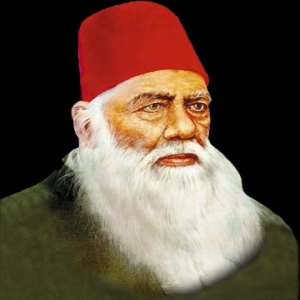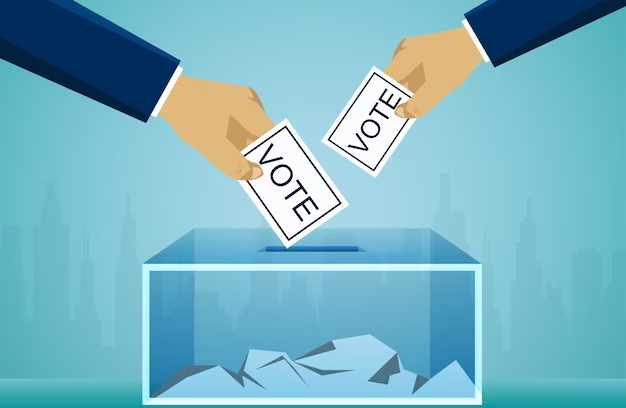“Life should be great rather than long.”
Dr. Bhimrao Ramji Ambedkar, affectionately known as Babasaheb, left an indelible mark on modern India. Born into a socially marginalized Dalit family in 1891, he faced caste-based discrimination from an early age. Undeterred, he pursued higher education—earning law degrees and multiple doctorates from prestigious institutions like Columbia University and the London School of Economics. As the principal architect of the Indian Constitution, Ambedkar not only framed its legal provisions but also championed the cause of the oppressed and marginalized. His legacy as a social reformer, jurist, economist, and politician continues to inspire, illuminating the path toward a more equitable and just society
Follow Us On





